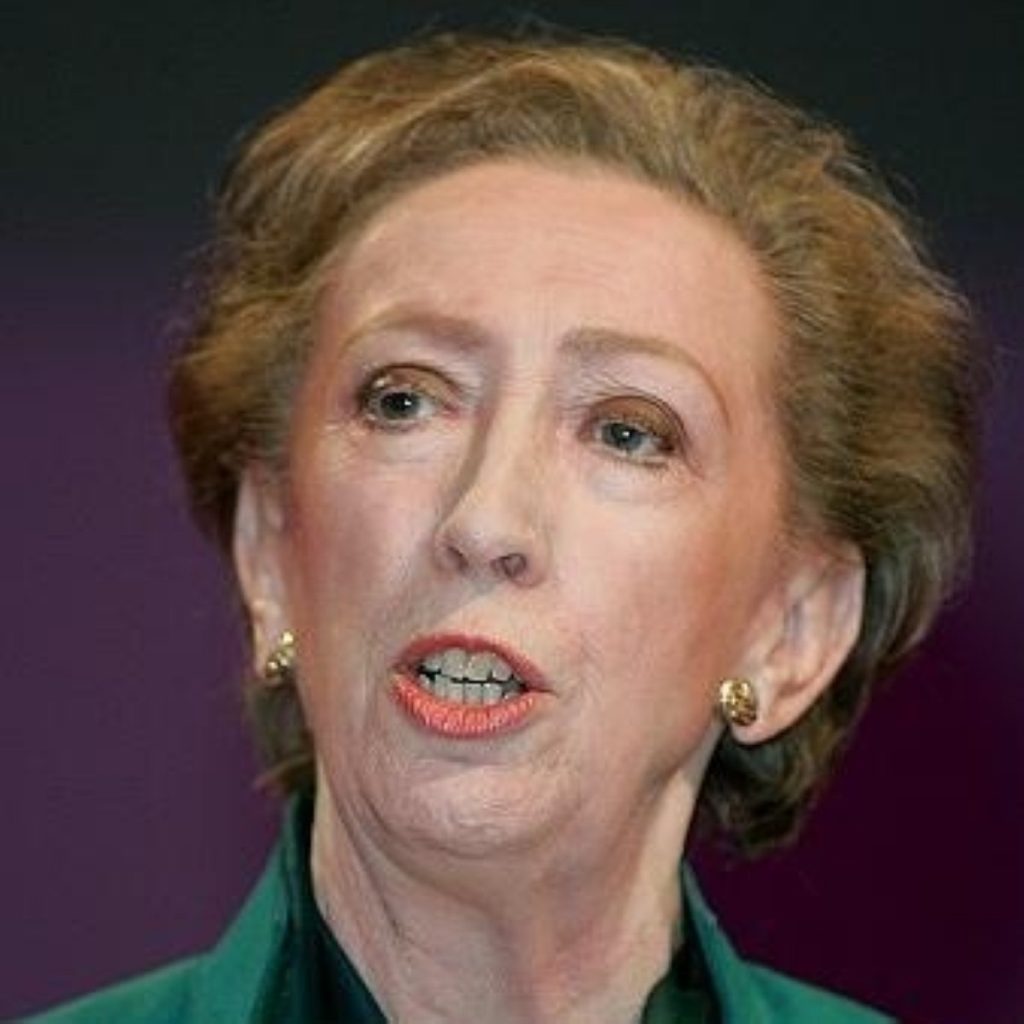Govt plays down US-UK rift on Iraq
The government has downplayed suggestions of a rift in US and UK policy on Iraq, after a key American official said he would like British troops to stay in the country.
Foreign secretary Margaret Beckett yesterday said the government still hoped that control of Basra could be transferred to Iraqi forces in the spring, which would see a significant proportion of the 7,000 British troops deployed there withdrawn.
The policy appears to be at odds with US president George Bush’s recent decision to deploy a further 20,000 US troops to Baghdad, and yesterday the US ambassador to the Iraqi capital, Zalmay Khalilzad, suggested he would like the UK to change its approach.
“We would like the British to co-ordinate and for us to have a joint plan. We are talking about this. It is clear what our preference would be – the longer we stay together here the better,” he told BBC Radio Four’s PM.


However, Downing Street insisted the UK and US strategy remained coordinated, and British troops would leave Iraq when both countries and the Iraqi government “have decided the time is right and the conditions are right”.
A Ministry of Defence spokesman also stressed there was “no tension” between the US and UK objectives, saying: “Our plans are consistent with the coalition’s long-term strategy.”
This was the message put out by Ms Beckett during a parliamentary debate on Iraq and the Middle East yesterday, but shadow foreign secretary William Hague expressed concern that this left the UK looking like little more than a yes-man.
He noted the inconsistency in ministers’ praise for the Baker-Hamilton report, which set out plans to reduce the combat role of US troops from next year, and their warm welcome for President Bush’s seemingly contradictory decision to send more soldiers.
“The fact is that ministers welcomed not only the Baker-Hamilton report, but the different strategy announced by President Bush earlier this month – even though it differed markedly from the Baker-Hamilton approach,” Mr Hague said.
“As a firm advocate of the transatlantic alliance, I say to the foreign secretary that saying we approve of one thing when thinking in Washington is going one way in December, or we think it is, and then saying that we approve of something quite different when the thinking in Washington changes in January, does no favours for the transatlantic relationship because it gives the impression that we will say yes to anything the White House wants to do.”
Closing the debate last night, however, Foreign Office minister Kim Howells made the point that has been repeatedly stressed by Tony Blair, saying: “Circumstances vary greatly from one part of Iraq to another.
“It should therefore be no surprise, and it is certainly not inconsistent, that our plans for achieving transition in Basra may appear different from those in Baghdad.”

